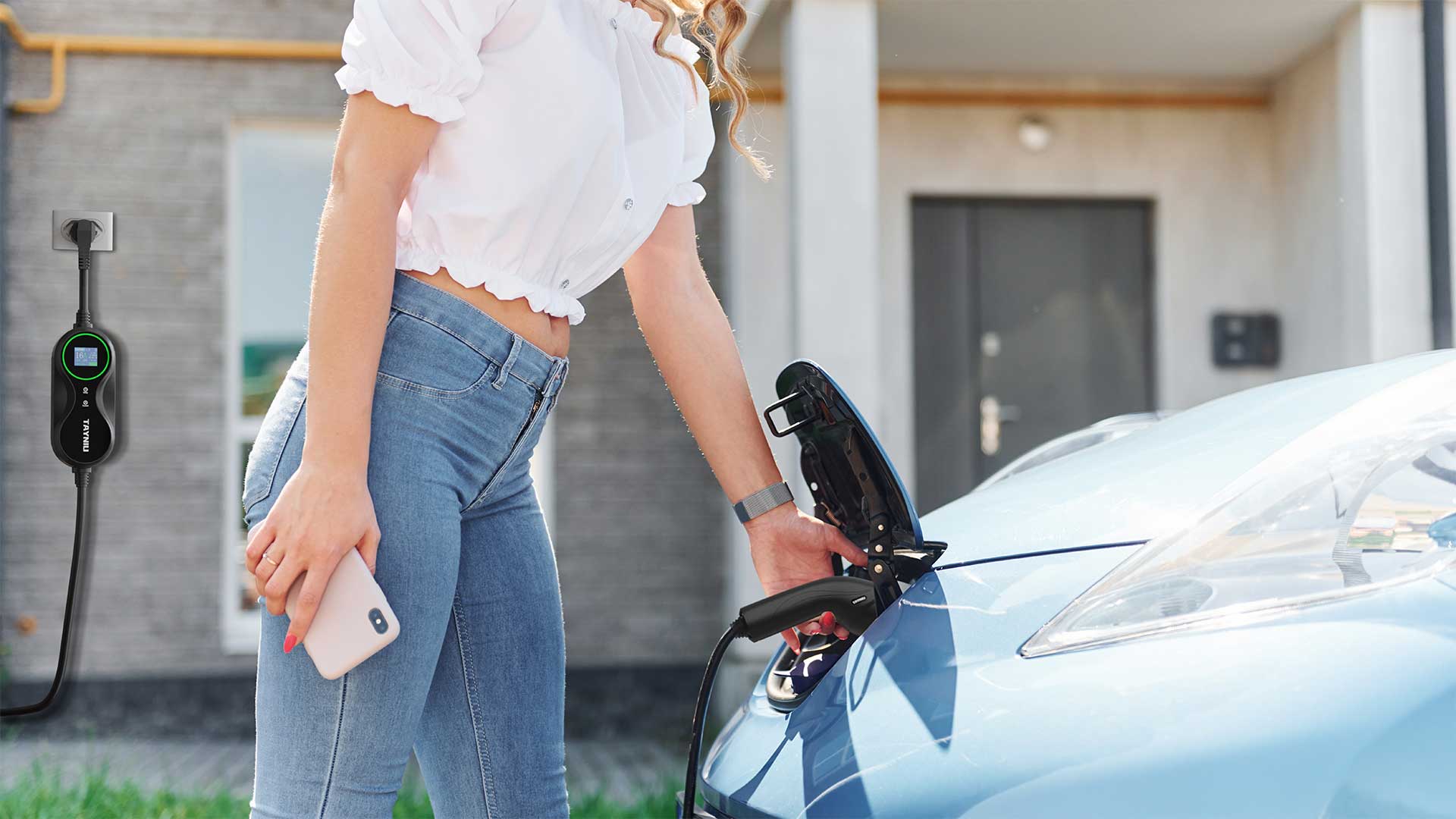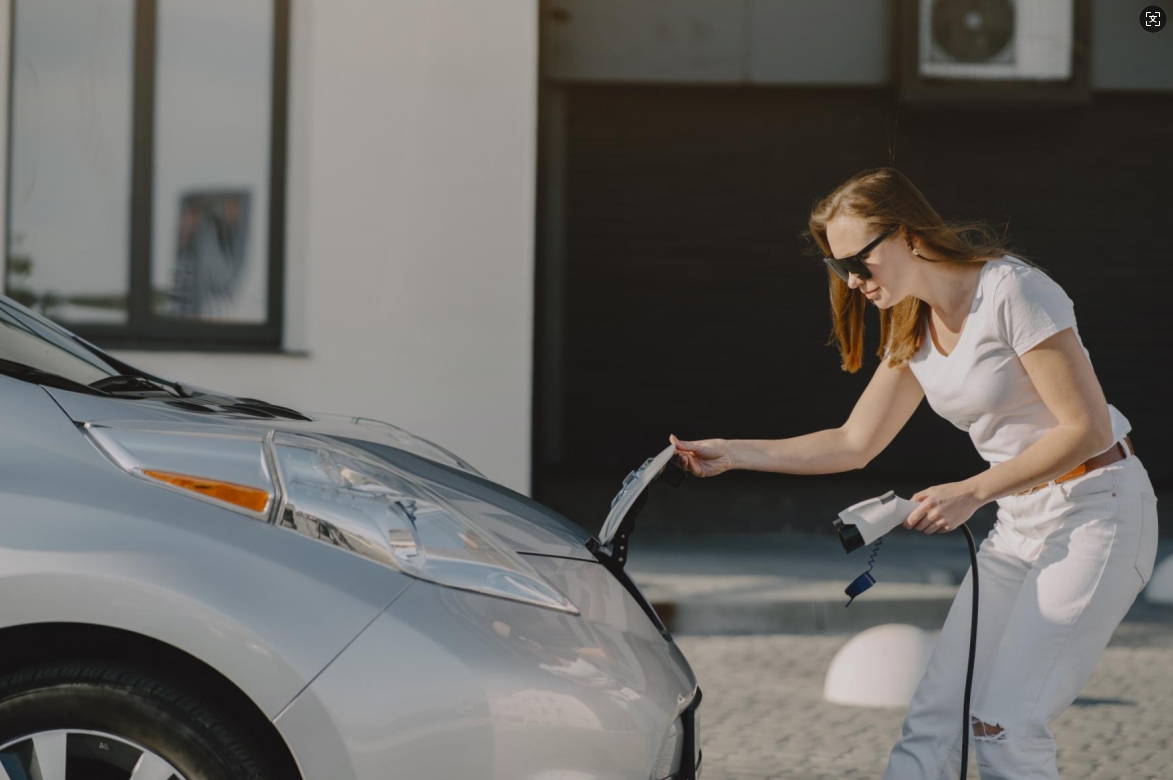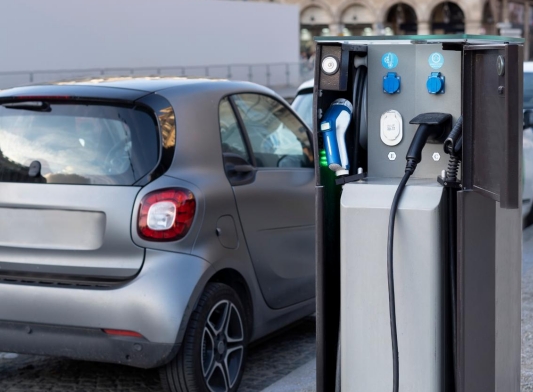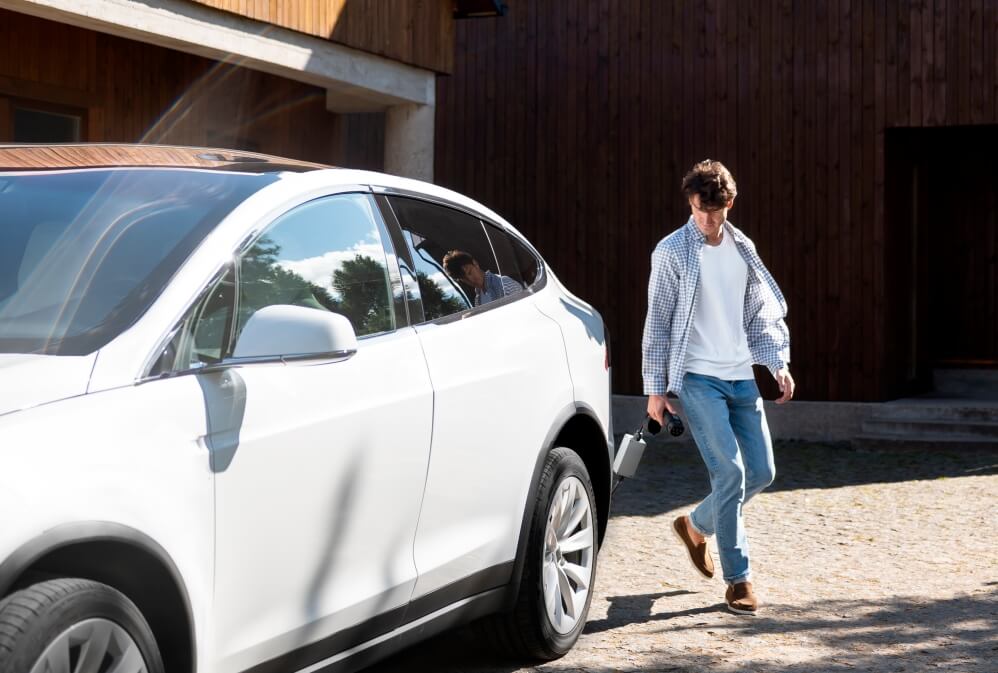Troubleshooting Your Nissan EV Charger: A DIY Guide to Common Home and Public Charging Issues
There's nothing more frustrating than plugging in your Nissan electric vehicle only to find it's not charging correctly. Whether using your home setup or a public station, charging issues can make a convenient experience a headache. This guide will help you diagnose and solve the most common problems with your Nissan EV charger, saving you time and potentially a service call.
Start With the Basics: The Universal First Steps
Before diving deep into complex diagnostics, always start with these simple checks:
1. Inspect the Physical Connection: Is the charging plug in your Nissan's charging port? You should hear a definitive "click" when it's properly connected. Also, check the cable and plug for any obvious signs of damage, wear, or debris.
2. Check the Power Source: Ensure the circuit breaker for your outlet or charging station hasn't tripped for home charging. Try a different charger to rule out a faulty unit if you're at a public station.
3. Look at Your Dash: Your Nissan's instrument cluster will display warning lights or messages. A solid orange light often means charging is in progress, while a flashing light could indicate an error.
4. Consult the Vehicle's Settings: Some models allow you to set charging timers or departure schedules. If activated, the car will not start charging immediately upon plugging in. Double-check these settings in your infotainment system or Nissan Connect EV app.

Troubleshooting Your Home Nissan EV Charger
When the problem is isolated to your home setup, you can methodically narrow down the cause.
* Problem: Portable Charger (EVSE) is Not Powering On.
* Solution: Ensure it's firmly plugged into the wall outlet. Test the outlet by plugging in another device, like a lamp, to confirm it has power. If the outlet is dead, check your home's circuit breaker.
* Problem: Wallbox Charger Has a Fault Light or Won't Initiate Charging.
* Solution: Most hardwired chargers have indicator lights. Refer to its manual to decipher the light pattern. A common cause is an internal overheating issue; try unplugging the unit from power for a few minutes to allow it to reset.
* Problem: Charging Starts but Stops Intermittently.
* Solution: This can be caused by a loose connection at the wall or the vehicle's port. It can also happen if the charger or your Nissan's onboard charger (OBCM) overheats, which is often a safety feature to protect the battery and components.
Solving Public Charging Station Headaches
Public stations introduce more variables, but you can still be proactive.
* Problem: The Station Fails to Handshake with Your Car.
* Solution: This is very common. First, try restarting the charging session. Unplug the cable, end the session on the station's screen or app, and start over. If that fails, move to a different charger.
* Problem: Your Payment Method is Rejected or the Session Won't Start.
* Solution: Ensure your RFID card or app is activated correctly and has a valid payment method on file. Sometimes, simply tapping the card multiple times or force-closing and reopening the charging app can resolve the issue.
* Problem: Charging Speed is Much Slower Than Expected.
* Solution: Several factors affect DC fast charging speed. A very high or low battery state of charge (especially above 80% or below 10%) will slow down the rate. Extreme hot or cold weather also significantly impacts charging speed, as the car must use energy to thermally manage the battery before accepting full power.
When to Seek Professional Help
While many issues can be solved DIY, some problems require expert attention.
* Consistent Home Charging Failures: If you've ruled out the portable charger and your home's electrical system, the issue could lie with the vehicle's onboard charger or charging port. This is when to contact your local Nissan dealership.
* Persistent Error Codes: If a specific error code related to charging appears on your dashboard and won't clear, it's best to diagnose it professionally.
* You Suspect Physical Damage: If you see visible damage to your Nissan's charging port, the cable, or home charging unit, do not use it. Have it inspected by a qualified electrician (for the wallbox) or a Nissan technician (for the vehicle).
Following this logical approach, you can solve the most common charging problems and get back on the road faster. Understanding your Nissan EV charger's nuances is key to a seamless and stress-free ownership experience.
Last Updated on September 22, 2025 by tayniu



